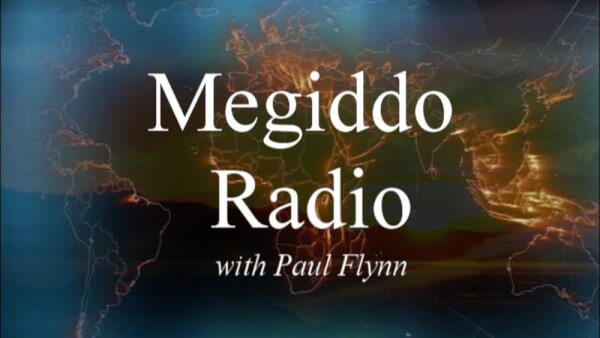by Paul Flynn | Nov 28, 2017 | Radio Shows
On tonight’s programme we take a look at the debate that took place on the subject of ‘Free Will’, which took place on November 3rd 2017 at First Evangelical Lutheran Church, Houston, TX. It featured Theodore Zachariades & Sonny Hernandez (Calvinists) vs Leighton Flowers & Jonathan Pritchett (Traditional Southern Baptist). What can be learned from the debate?
by Paul Flynn | Nov 14, 2017 | Radio Shows
On tonight’s show we look at some of the claims Brannon Howse and Andy Woods have made about Calvinism on Worldview Radio. Do they understand Calvinism? Brannon Howse and Andy Woods have also repeatedly used the term ‘Hyper-Calvinism’ to refer to critics of non-Calvinistic views, but what does the term actually mean? Is the issue important at all?
by Paul Flynn | Oct 14, 2017 | Radio Shows
In a recent article John Piper stated: “we should not speak of getting to heaven by faith alone in the same way we are justified by faith alone.” Has he compromised the gospel? Is it similar to the errors of Norman Shepherd? What did godly Reformed men of the past say on the error taught by Shepherd, and what should be the message to Piper and others like him today? What are the consequences of the Reformed community ignoring modern errors on justification by faith alone?
by Paul Flynn | Aug 7, 2017 | Radio Shows
Recently the WCRC, a worldwide coalition of so-called ‘Reformed churches’, signed an agreement with Roman Catholicism over the doctrine of justification. The agreement describes a ‘common understanding’ over the doctrine. What are the tactics often used by ecumenists, knowingly or unknowingly, to lower the defences of their critics? Has Rome changed? Has she compromised what the council of Trent and the Catholic Cathechism teaches? What does the agreement teach? What is the doctrine of justification as stated in the Bible? How important is it?
by Paul Flynn | Aug 5, 2017 | Interviews, Radio Shows
On today’s programme we are joined by John J. Murray, a retired Minister of the gospel of Jesus Christ who serves in the Free Church of Scotland (Continuing) in the Glasgow area. He also worked as an assistant editor of the Banner of Truth Trust for 13 years and he continues to write articles on the Trust’s website. On today’s programme we look at his latest popular booklet called “The Dog That Does Not Bark: A Heart Cry for Leadership in the Church Today.” How should we deal with error in the Church? What difference can godly men make? What comfort and encouragement can be taken from examples found in Church history and the Bible itself?
